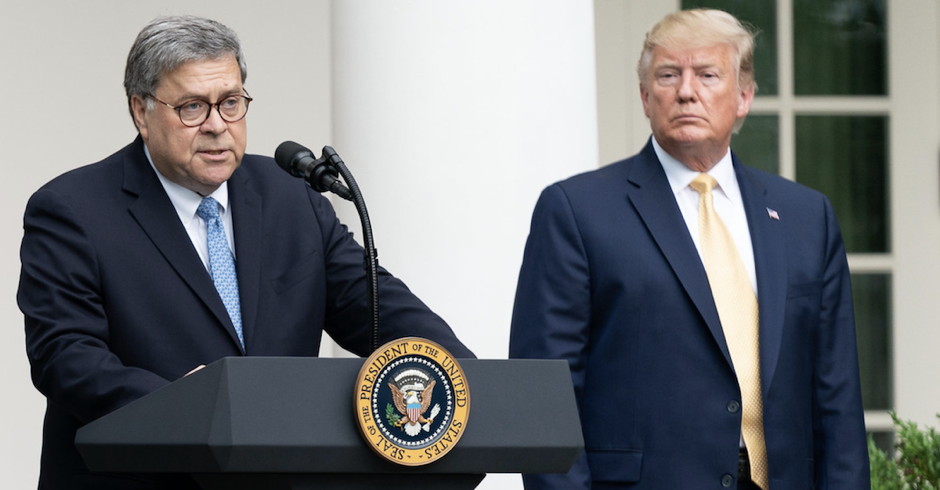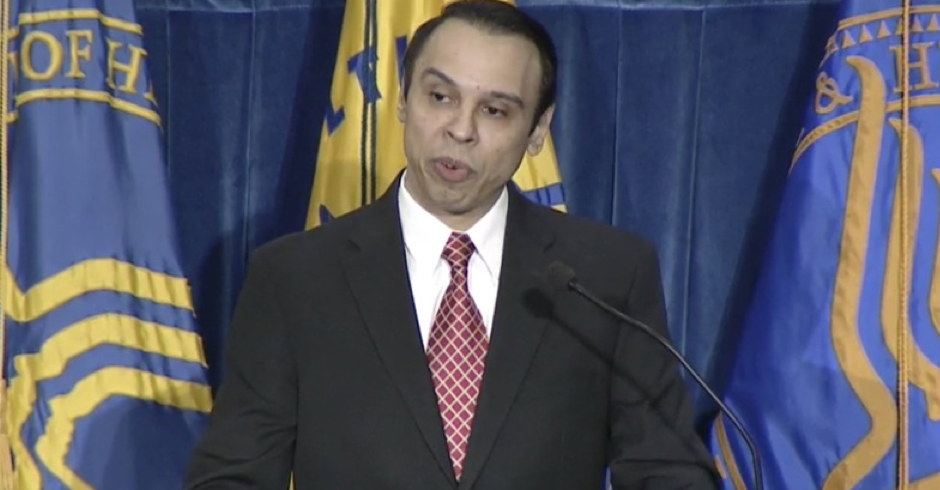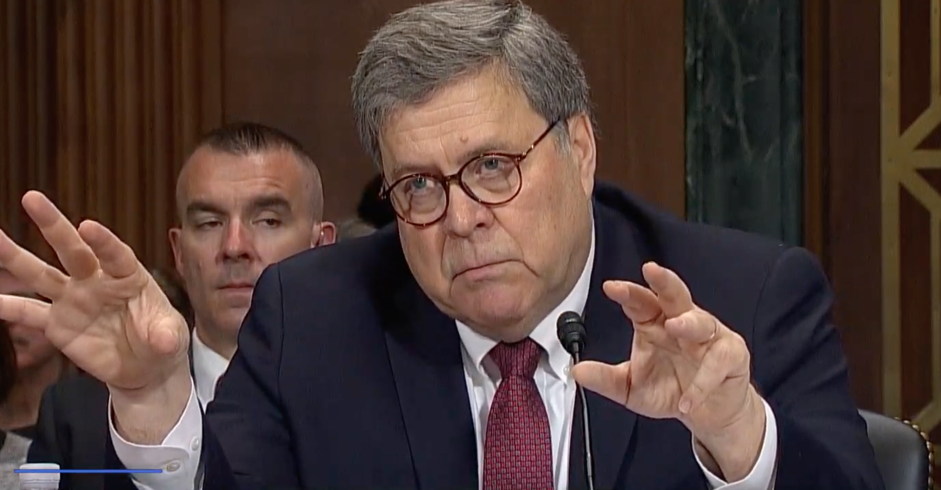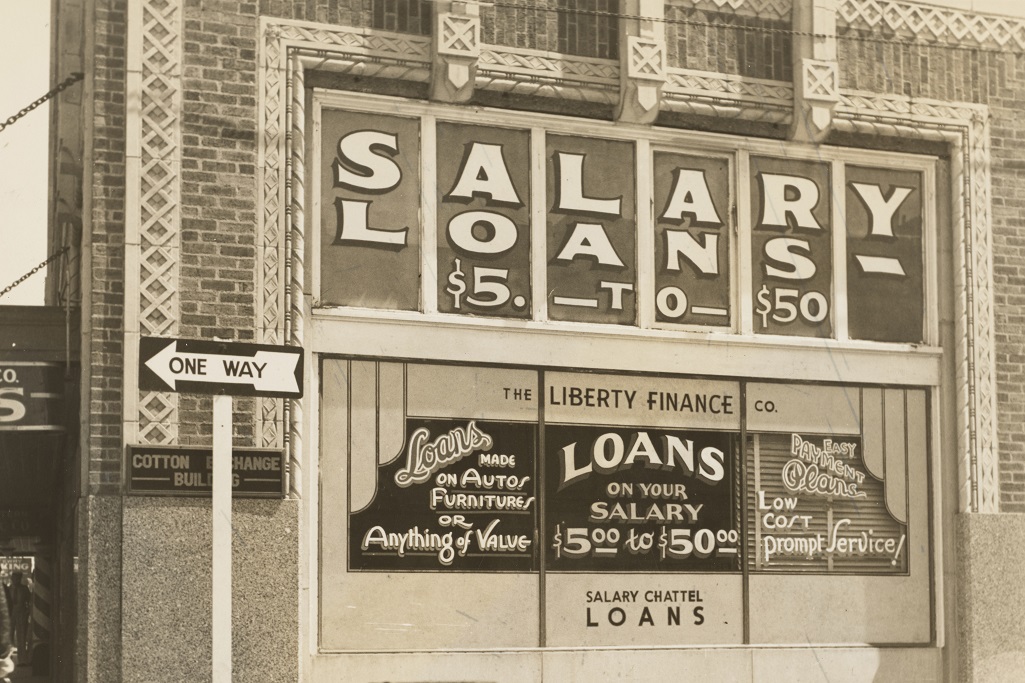As far as the US Justice Department is concerned, forcing cities to work with discriminatory religious groups is the American way. President Donald Trump’s Dept. of Justice is telling the U.S. Supreme Court it should allow religious and faith-based adoption agencies...





